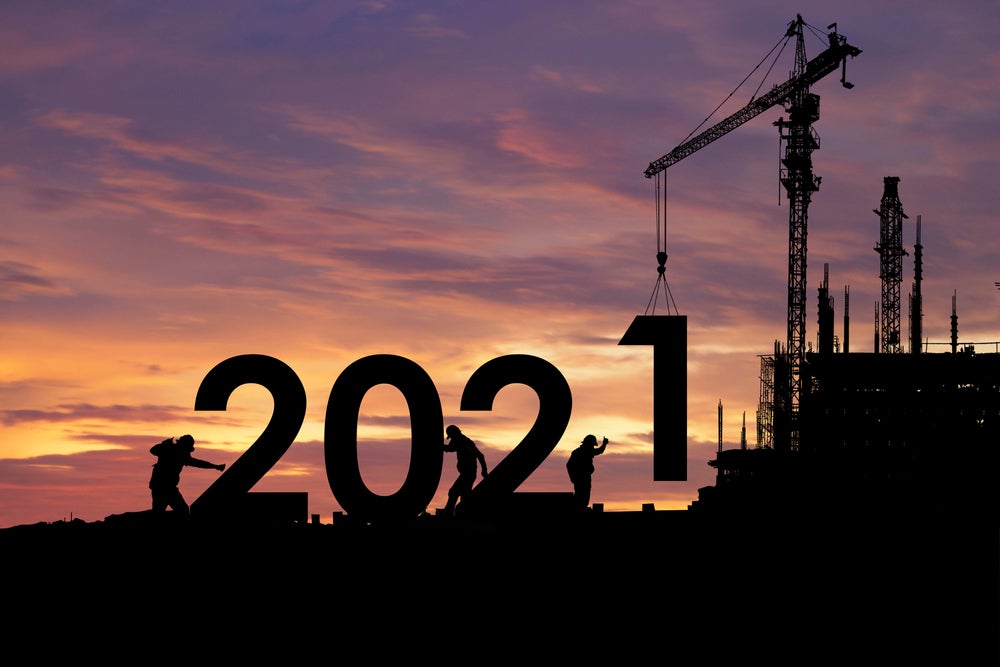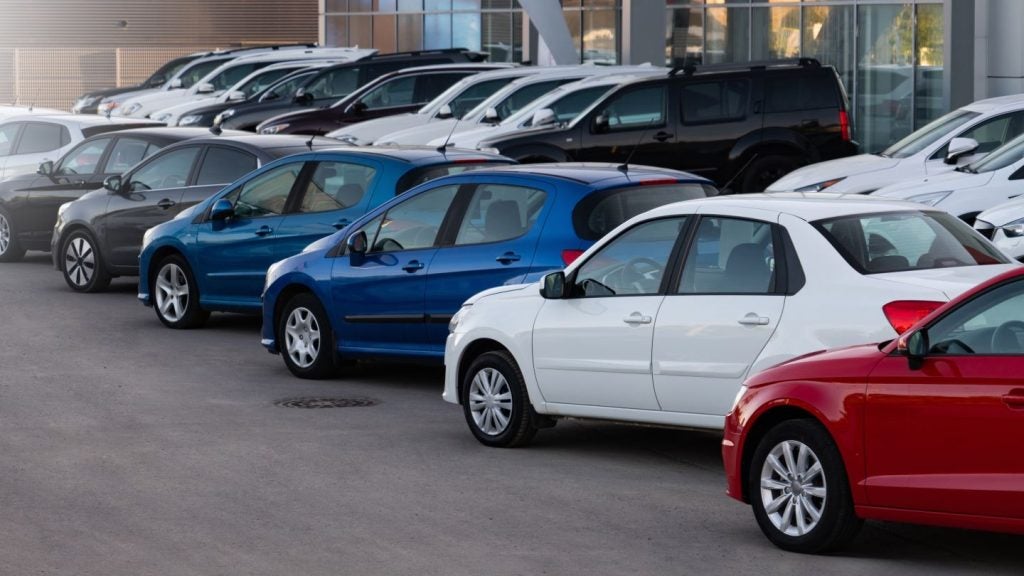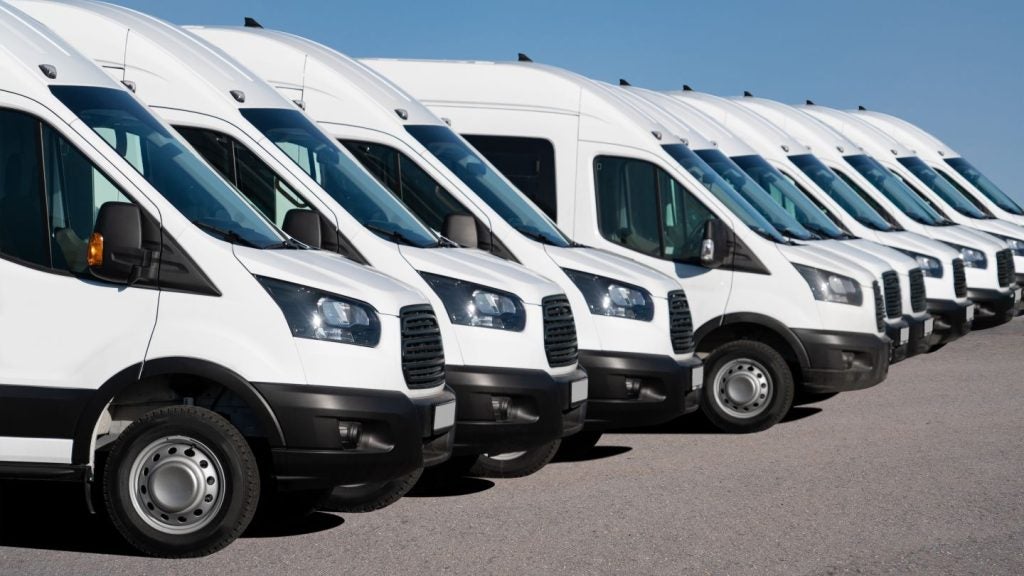
The automotive sector has seen substantial change in the last few years, not all of which has been driven by the Covid pandemic.
Fluctuating fuel prices, environmental regulations, ride-sharing, the introduction of electric and autonomous vehicles and changes in government policy have prompted automakers to make significant changes not only to their core business operations but also to deal with significant changes to the systems that propel, connect and distribute their vehicles.
Effect of Covid-19
It’s currently almost impossible to speak of business operations without mentioning the impact of Covid. Looking at the change that has been taking place in the auto industry, some would have expected the automotive industry to suffer a ‘bloodbath’ similar to that of high street retailers.
However, there have been some factors unique, or nearly unique, to automotive retailing that have made a real difference. First, and probably most important, dealerships are run to very high standards – in the sense that there is more standardisation and process than for other retailers and that allowed dealers to put in place, and be confident in, Covid secure processes. That was helped, of course, by the relative spaciousness of dealerships and the increased digitalisation of the customer “journey”.
“This could be the year in which critical mass is reached and there is a significant change in buying habits.”
How well do you really know your competitors?
Access the most comprehensive Company Profiles on the market, powered by GlobalData. Save hours of research. Gain competitive edge.

Thank you!
Your download email will arrive shortly
Not ready to buy yet? Download a free sample
We are confident about the unique quality of our Company Profiles. However, we want you to make the most beneficial decision for your business, so we offer a free sample that you can download by submitting the below form
By GlobalDataAnother factor in play has been the “feel-good” factor that nothing except a new car has been able to deliver in the last year. Money that might have been spent on expensive holidays or even moving house, as well as cash saved in reduced commuting, found a perfect outlet in a new car. Many traders report having had a stellar end to 2020 which, after cost-savings delivered through the rest of the year, has allowed profits for 2020 to return to normal. Whether this can and will continue into 2021 is a good question though!
Making predictions is perilous at the best of times so we will avoid anything too specific. Instead, we should watch out in 2021 as increased digitalisation and the increased switch to electrification creates opportunity and challenge in the retail space. There may be some significant upheaval and real winners coming out of this.
What about electric vehicles?
We have already mentioned EVs in the retail context. With the UK government accelerating towards meeting the net-zero targets, the automotive industry will have a big role to play in this space especially since the petrol and diesel ban was brought forward to 2035 last year.
This could be the year in which critical mass is reached and there is a significant change in buying habits as well as an acceleration of the roll-out of charging infrastructure. It’s a prediction that has been made for many years but this year really could be the one.
Will the government do more to provide incentives such as subsidies and lower rates on VAT to encourage growth? The government seems to be warming up to make significant progress on green initiatives and this could be one area where they could do more to put in place positive encouragement rather than negative deadlines.
Government funding
As with all innovations, growth and change, money is a big sticking point. Being one of the UK’s biggest manufacturing industries, the automotive sector hasn’t seen as much investment and support as would be expected during the pandemic. There was no sector-specific support despite the additional pressures heaped on the industry by Brexit.
“The situation may look a bit bleak but the UK automotive industry is diverse and has a strong global position which will put it in a good position to thrive. “
Production volumes being impacted due to closures and some facilities still being closed has made for a bleak outlook for the industry. Some may be expecting significant job losses in their companies once the furlough scheme ends as companies will be looking at scaling processes to survive.
The Automotive Transformation Fund, which is meant to support automotive companies going green was set out last year, but it is not clear yet how it translates practically for companies and how they can get a share of that funding.
The sector will be looking at the April Budget to see what support is being given to automotive. There is, at least, a realisation that we need significant battery production in the UK and we look forward to further developments here.
Supply chains
The automotive supply chain was badly affected during the lockdowns, OEMs were not in a position to support their supply chains as much as they had in previous recessions. Direct pressure points for supply chains are from three key areas:
- Covid-19
- Brexit and trade deals
- 2035 net-zero targets
The short to medium-term focus will be on cash flow and supply chain visibility to re-shore and bring supply bases to the UK, which has the potential to create jobs if supported properly.
Autonomous vehicles
In the past year, the focus on autonomous vehicles has gently fallen. Established carmakers and start-ups solely focused on driving autonomous vehicles forward have had to pause and divert funds that would primarily be used for research and testing, to ensuring that the company survives the difficult time.
There may be some development at lower levels but a more fully autonomous vehicle is now not expected across the industry until 2025 at the earliest.
The Law Commission’s third and final consultation on Automated Vehicles is in full flow and the closing date for responses is 18 March 2021. Recommendations are expected in Q4 of 2021 with legislation, possibly, to follow in 2022. Good regulation is necessary to allow the market to develop and to ensure that wider mobility gains are achieved.
The Law Commission has identified three key legal challenges:
- changes to criminal responsibility for driving,
- ongoing safety assurance, and
- enabling different business models.
The last of those three is very encouraging. There is also an overarching theme around access to data.
Overall, the situation may look a bit bleak but the UK automotive industry is diverse and has a strong global position which will put it in a good position to thrive.







